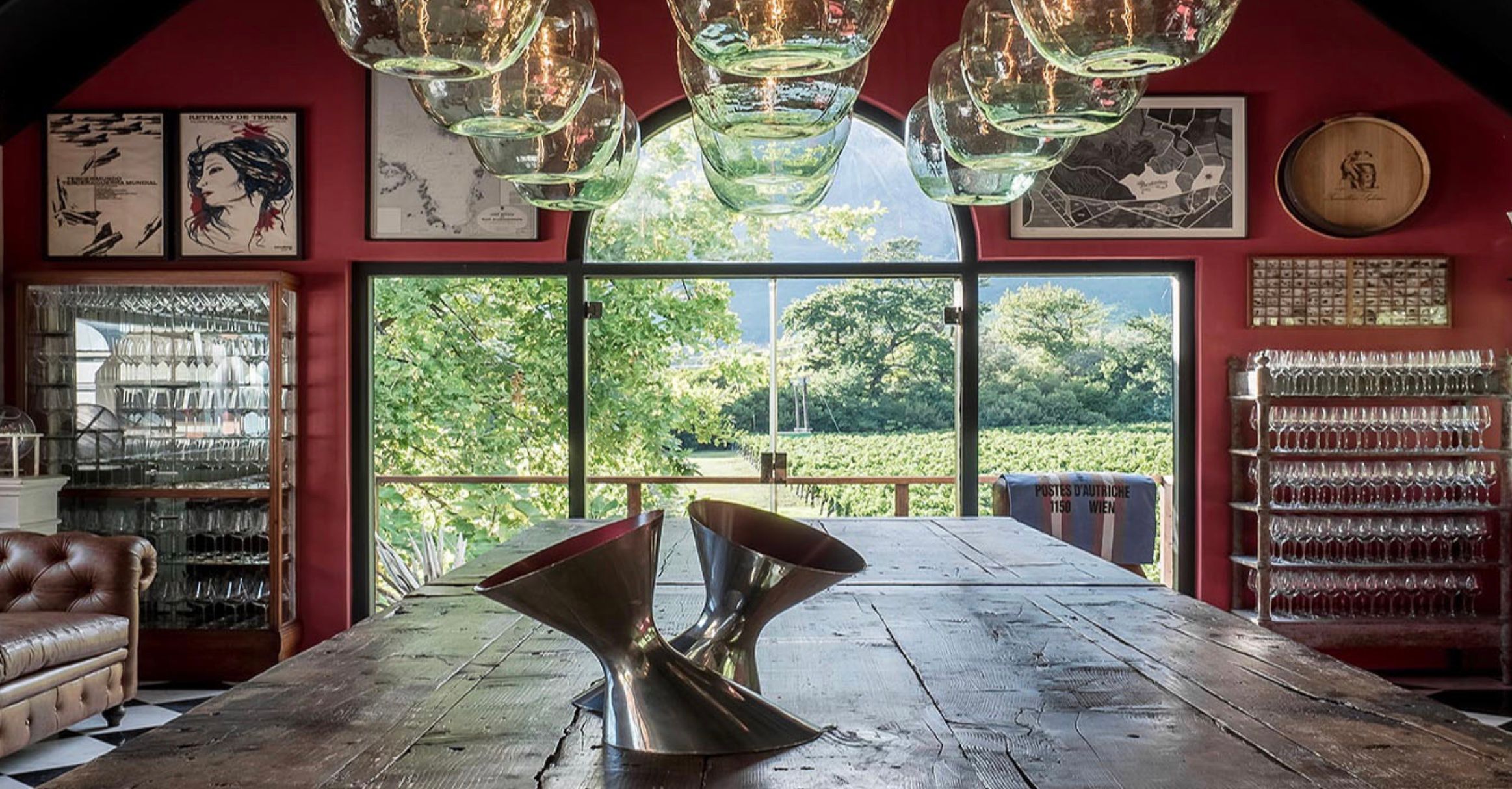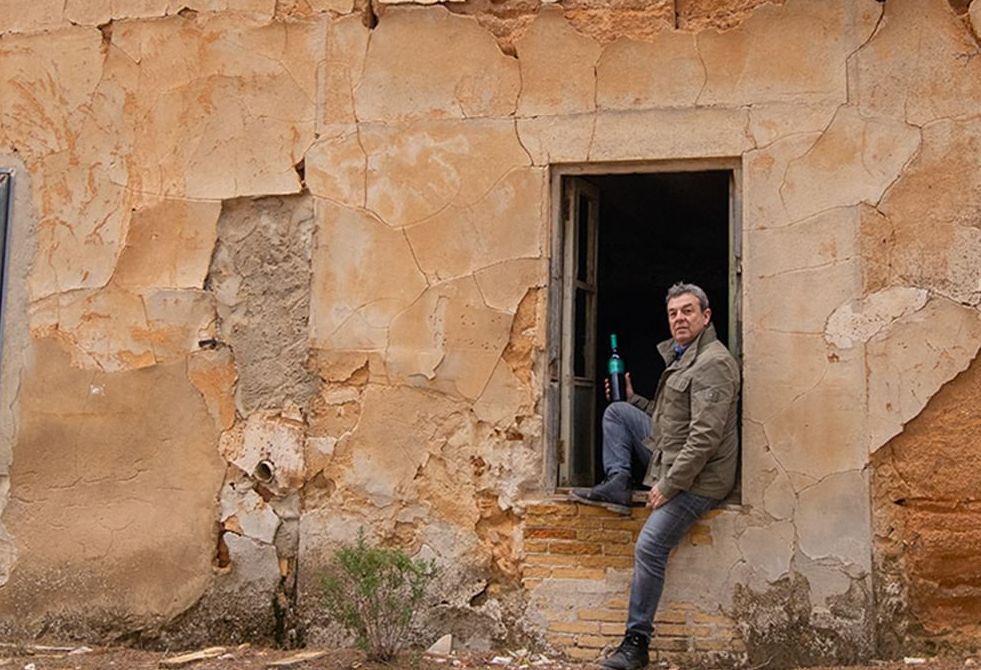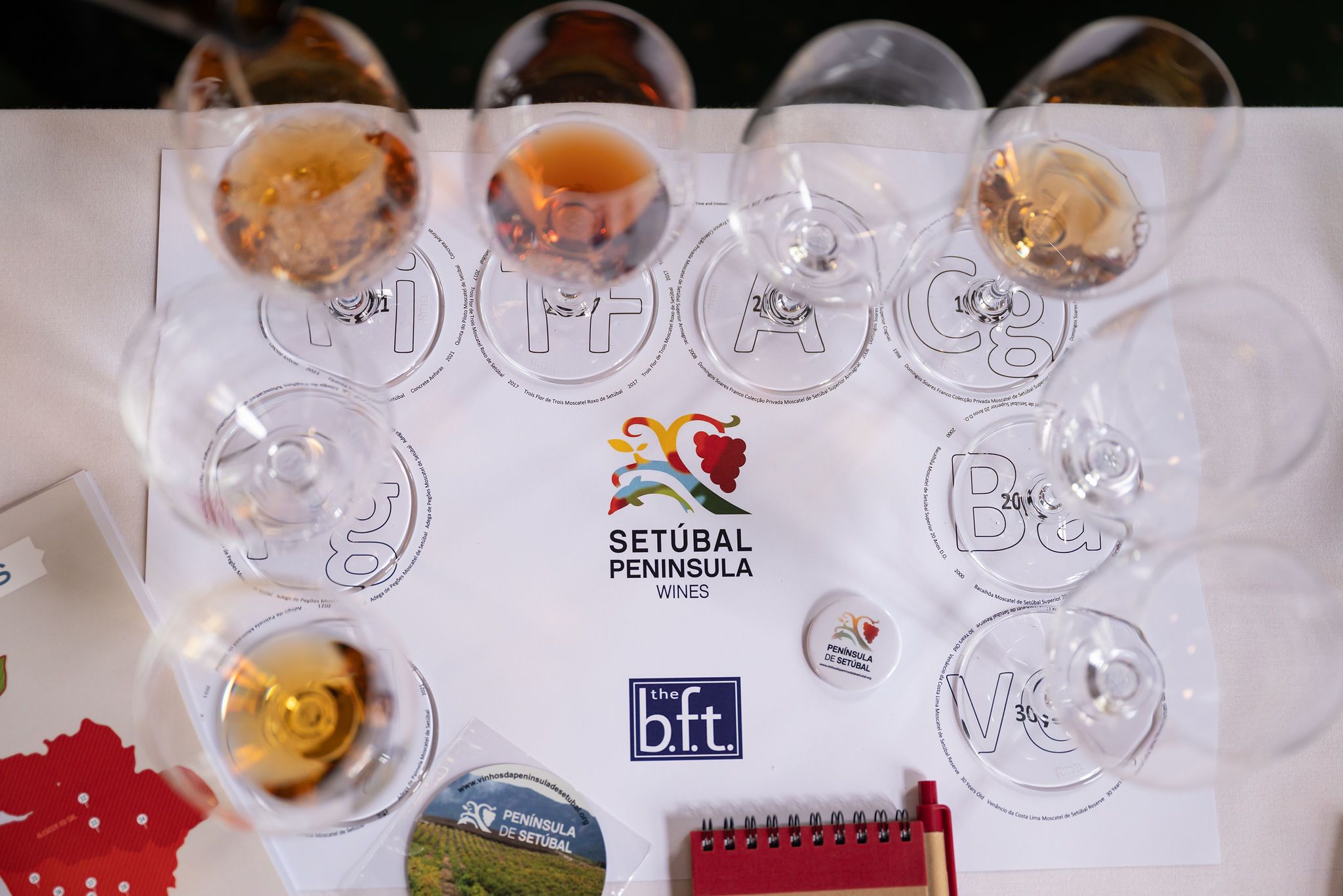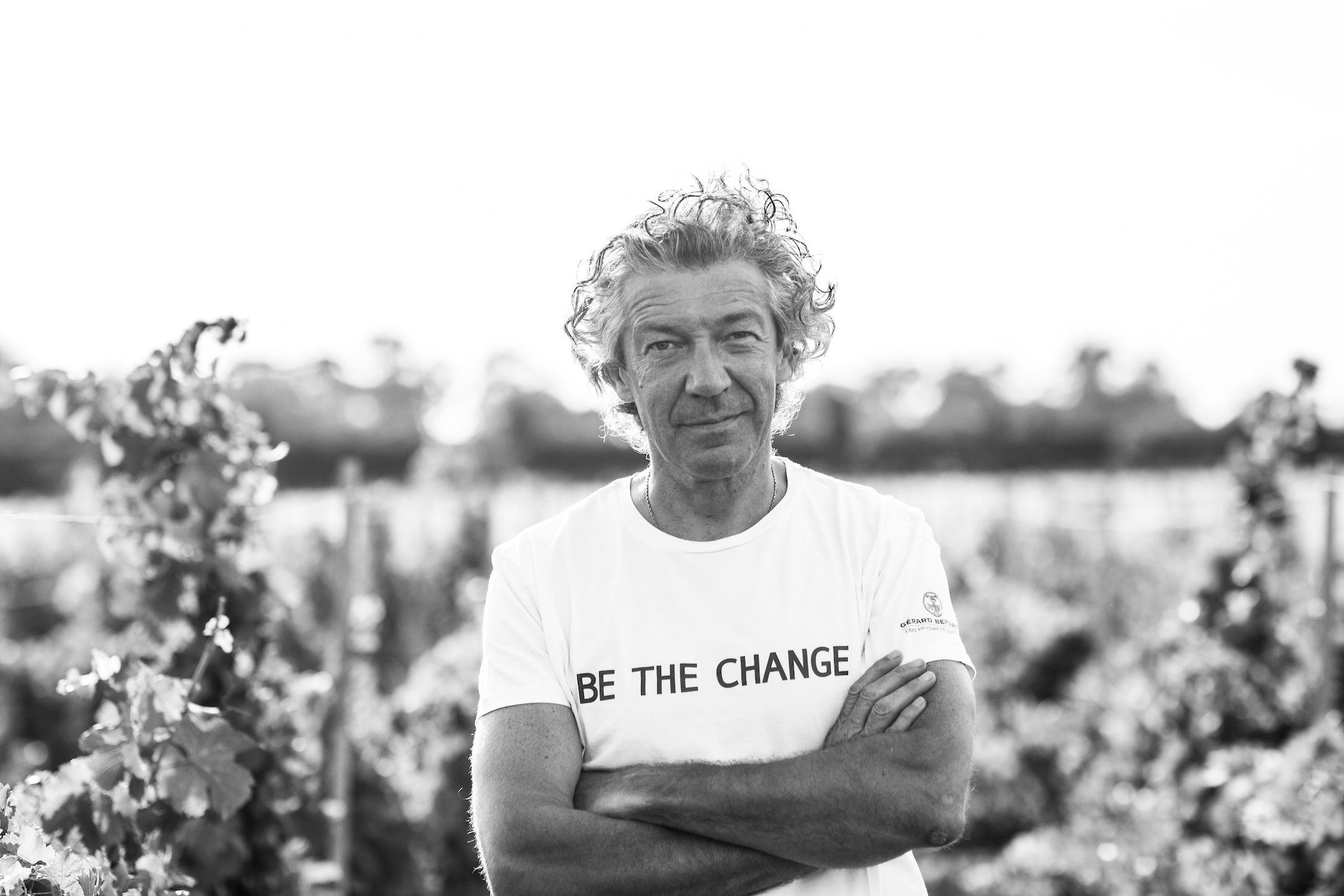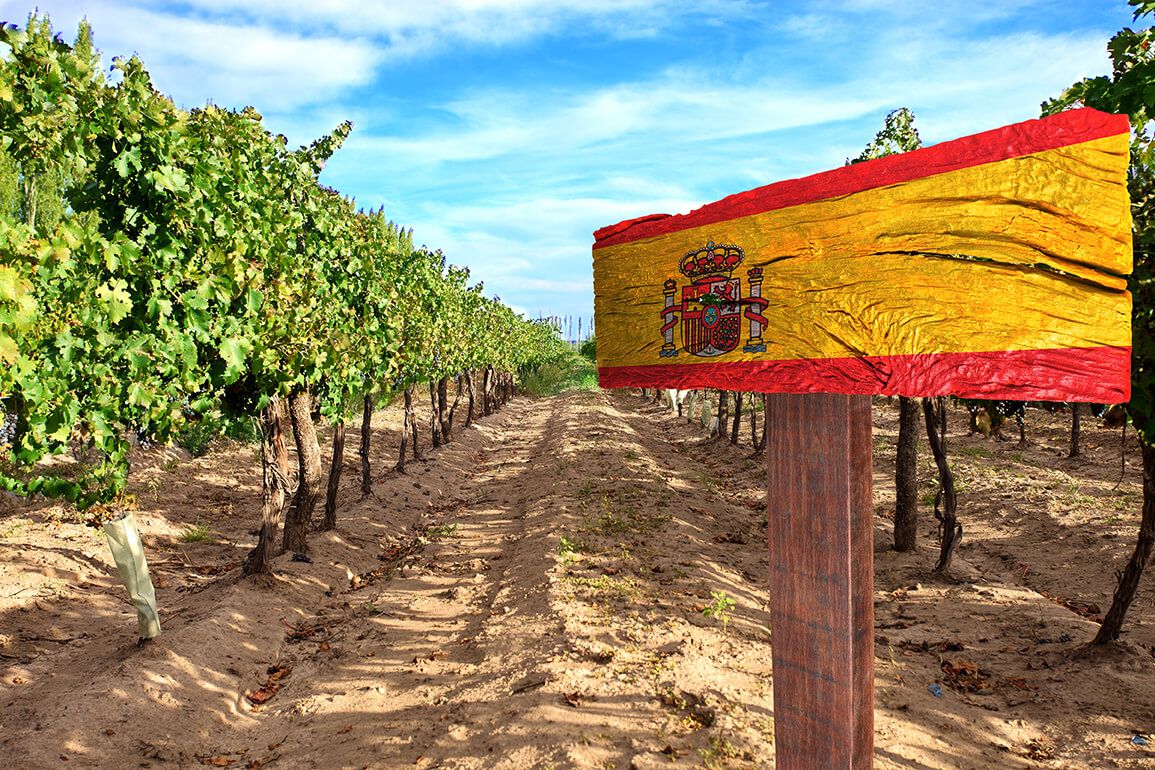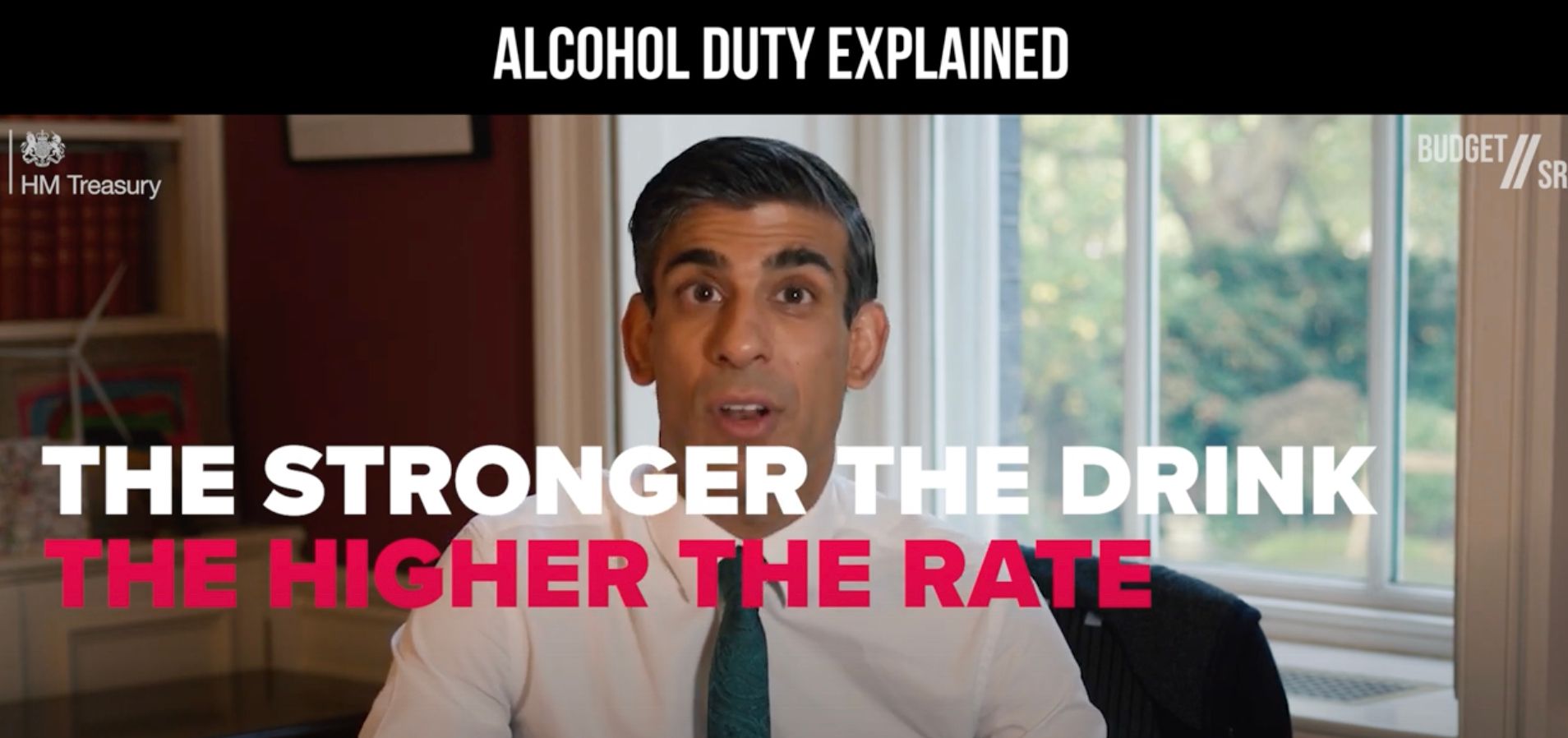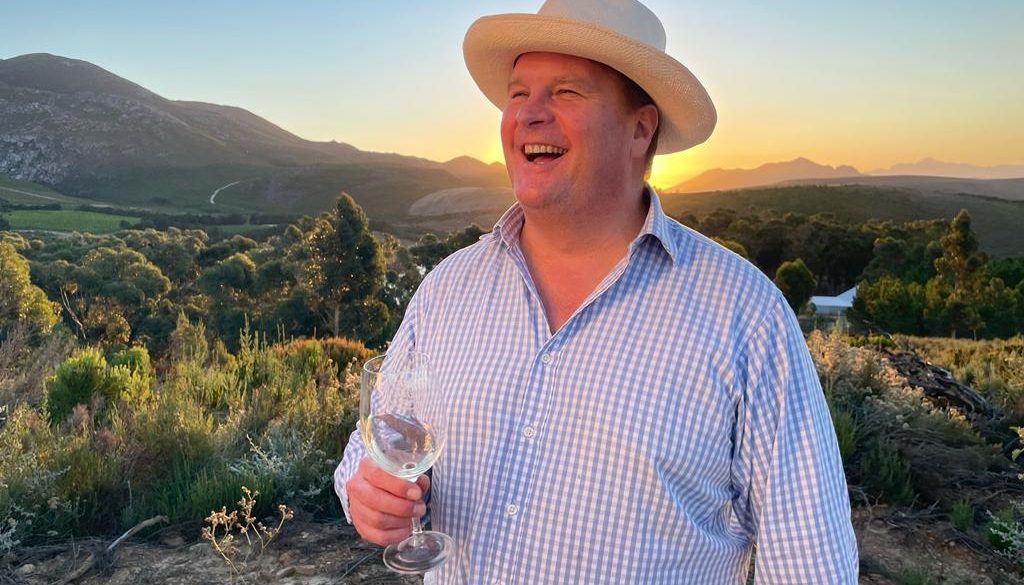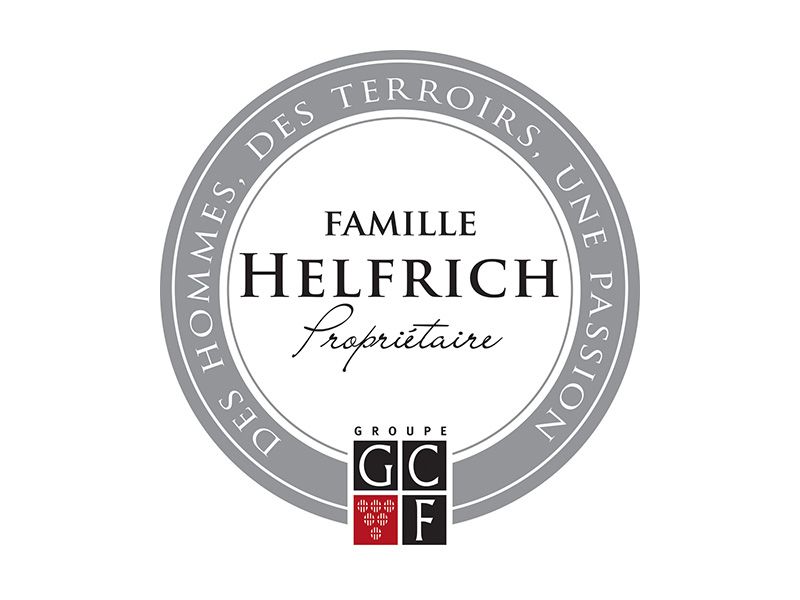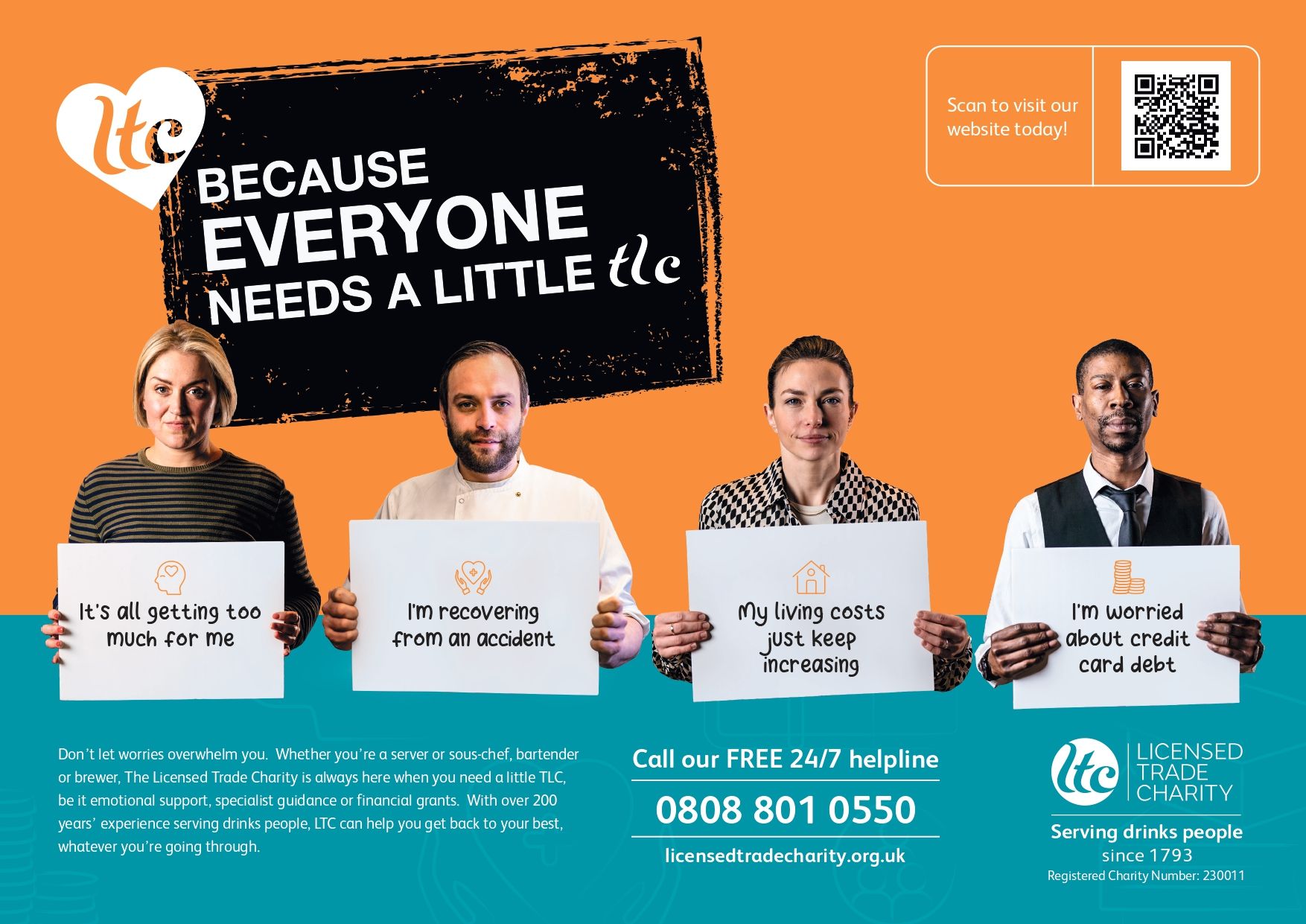New Generation Wines’ portfolio of South African producers illustrates the depth of quality and winemaking talent the country now has in abundance.
Reyneke, Boekenhoutskloof, The Chocolate Block, Porcupine Ridge, The Wolftrap, Patina, Krone, Robertson and Porseleinberg. A list of producers and brands that reads like a who’s who of the South African wine industry. The fact they are all imported, managed, and distributed by one company – New Generation Wines – says a lot about how it has been able to position itself as one of the most important and influential importers of South African wine in the UK – if not the world.
Not that it set out in 2005 to become a South African wine specialist. But it has become one.
The key decision was linking up with a South African distributor counterpart – Vinimark – and agreeing to handle its wines and producers in the UK. The fact some of the wines have gone on to attract a cult status and become some of the biggest players in the market is the result of a steady determination and exceptional partnerships.
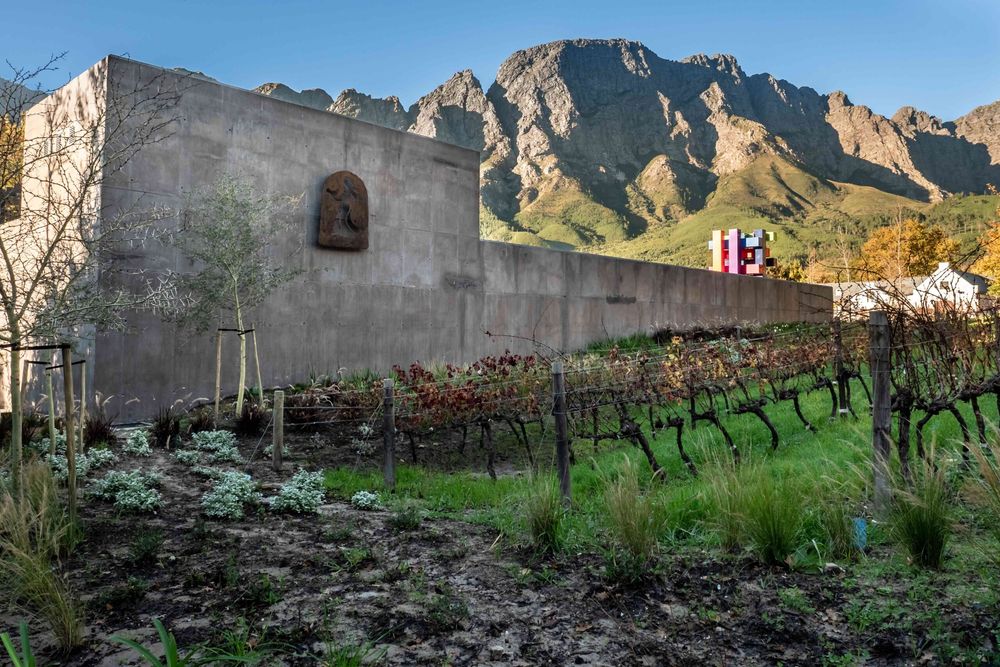
Boekenhoutskloof’s Barrel Maturation Cellar
“It has become a key category and country of origin for us,” says Hamish Young, director at New Generation Wine, talking to The Buyer amongst the hustle and bustle of Cape Wine in South Africa. “We have a connection to the country from the beginning and we have put a lot of resource into it.”
Time and investment that has seen New Generation Wines become one of the most important distributors of South African wines in the UK. Not just for its own wines and the producers it represents, but also acting as a catalyst for other importers to see the value and opportunity in South Africa.
Young says it is particularly proud to have been one of the founders and instigators of the New Wave South African wine tastings that took the market by storm when it was first introduced in 2017, alongside other enterprising independent importers who had woken up first to the huge changes taking place in South Africa.
“Over the last five years it has been edifying to see South African become so much more established and for it to be seen as arguably the most exciting place in the world to make wine,” adds Young. “The quality has improved dramatically.”
Next generation
Interestingly The Buyer’s review of the first New Wave tasting in October 2017 started out by stating: “New Wave South Africa could have been dubbed South Africa: The Next Generation, turning the spotlight predominantly on a new breed of young, exciting winemakers, keen to rip up the rulebook and make wines in very different styles.”
For ‘Next Generation’ you can also read ‘New Generation’ and what it has been trying to do with the South African category since the mid 2000s.
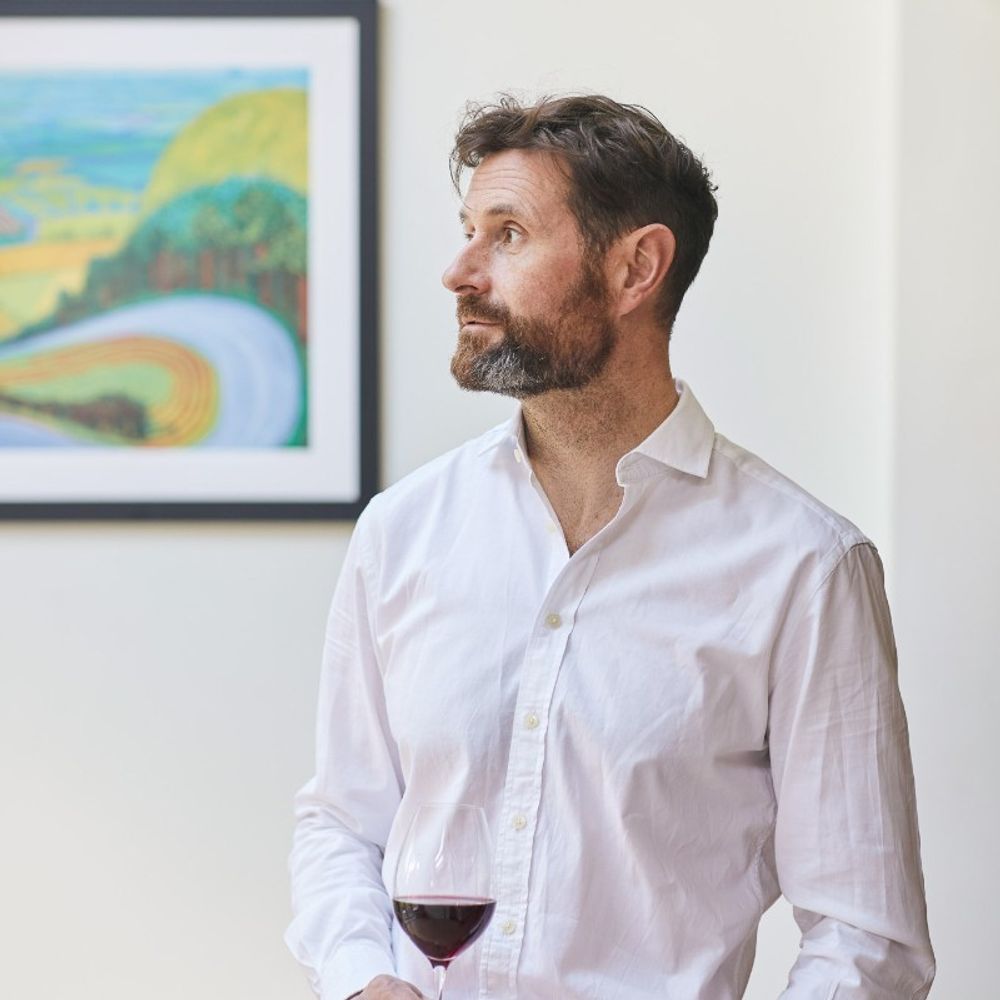
New Generation Wines’ managing director James McKenna says it wants to give its producer partners the best possible platform to shine
Managing director, James McKenna, who joined the business in 2019 said: “New Gen loves building a platform and giving focus to so many growers and winemakers. New Generation, and our producer partners, work hand in glove tokeep South Africa a vibrant category in the UK market. There’s more opportunity to take these brands forward and to continue to build the reputation – and sales – of this compelling portfolio of brands. Together, we’re still learning, adapting and growing and webelieve the country’s best wines are yet to be made. Our approach is uncomplicated, we’re close to our suppliers, we stay agile and are responsive to the market.”
The main producers it works with– Reyneke, Boekenhoutskloof, Robertson and Krone –have each come a long way in their own right, and have their own different stories to tell and personalities to share. Be it Johan Reyneke and his pioneering biodynamic wine philosophy, Callie Louw and his game-changing Syrah at Porseleinberg, or Marc Kent the creative force behind The Chocolate Block.
“What you get from our producers is an excellent cross-section of the South African wine category,” adds McKenna.
The New Generation portfolio now includes FMCG power brands, like Porcupine Ridge, through to fine wines that have a strong community of followers with a real connection to that winery. Boekenhoutskloof, for example, has wines that go from around £7 a bottle to over £80.
“What South Africa does really well is give great value at all price points, be it below £10 or above £25,” says Young.
“We are seeing so many different styles now coming through – like with Chenin Blanc. Winemakers are really starting to understand their sense of place and develop site specific wines, based on their knowledge on where to plant and what different vineyards and parcels of vines can give you. There is still a huge curiosity about what they can do better and so much passion.”
No barriers
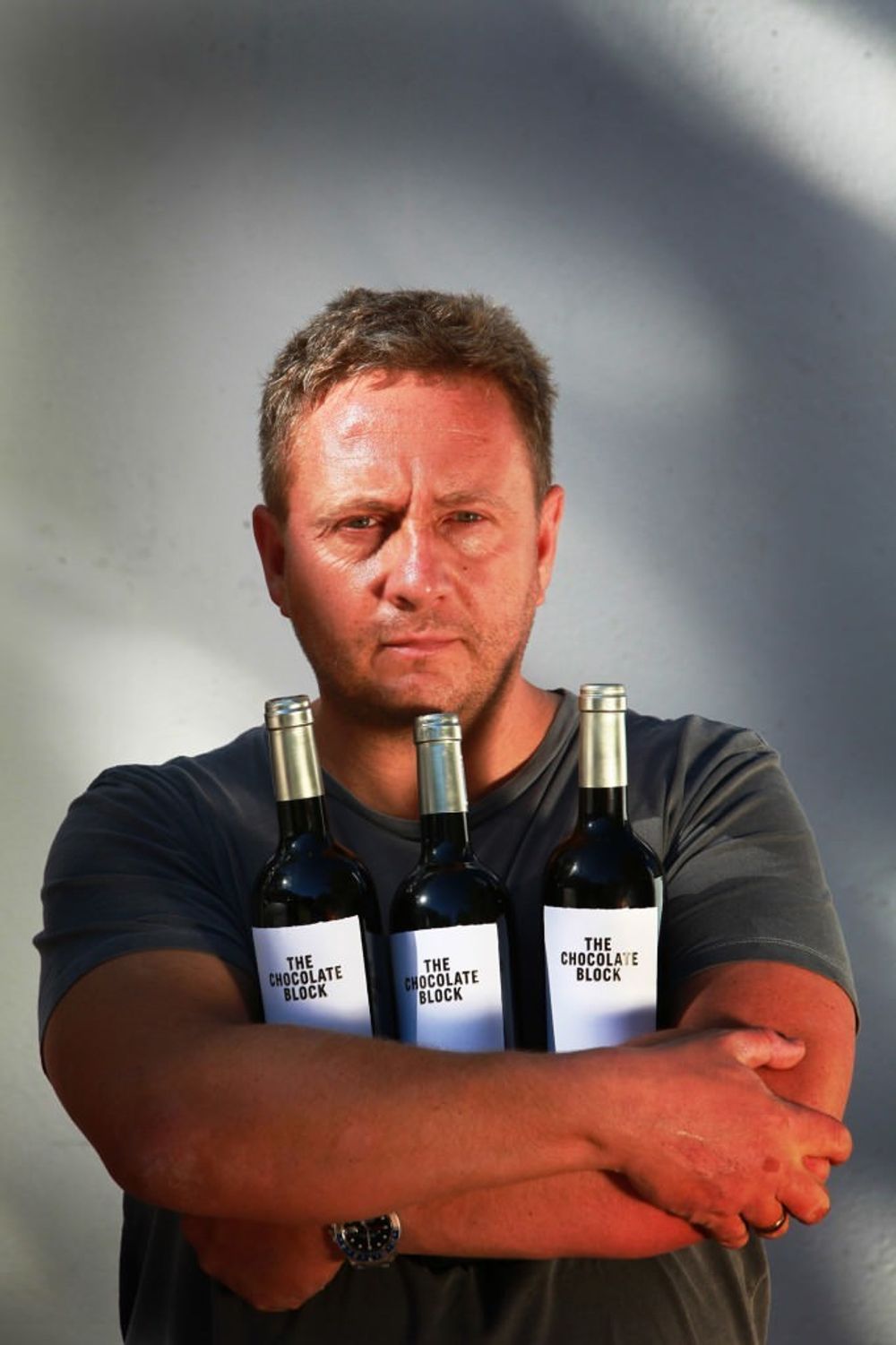
Mark Kent with his iconic The Chocolate Block wine brands
The drive, innovation and impact that South African wine has had on the UK market is probably best illustrated by the impact that Boekenhoutskloof and Marc Kent has had with The Chocolate Block.
Kent believes what has really helped take South Africa to the next level is the fact that over 80% of its wines are all made within three hours of each other. It means there is such a collective spirit amongst producers to all grow and learn from each other. “We are also so agile and flexible and we all just get on together,” he says pointing to all the winemakers sharing their wines and talking to each other between stands at Cape Wines. “It is hard to underestimate how important that collaboration is. We all have each other’s backs and want to see all producers getting better.”
It’s why he and his team spend so much time with their growers, helping them to improve and make better grapes, not just for their wines, but for themselves and helping them to “grow with us”.
“I would much rather grow with our existing growers than go out and try and find someone else. That’s a big difference here.
It also means younger winemakers are not all being held back by owning expensive, cost draining properties, but instead can set up a tanks in different wineries and start making their wines straight away.
“There are not any barriers to entry, you don’t need to own your own facility, our land or vineyards.It is not all owned by co-ops any more. People are free to do their own thing. The resurgence in old vines means people can get a return on their grapes they never thought possible,” explains Kent.
Growing and focused approach
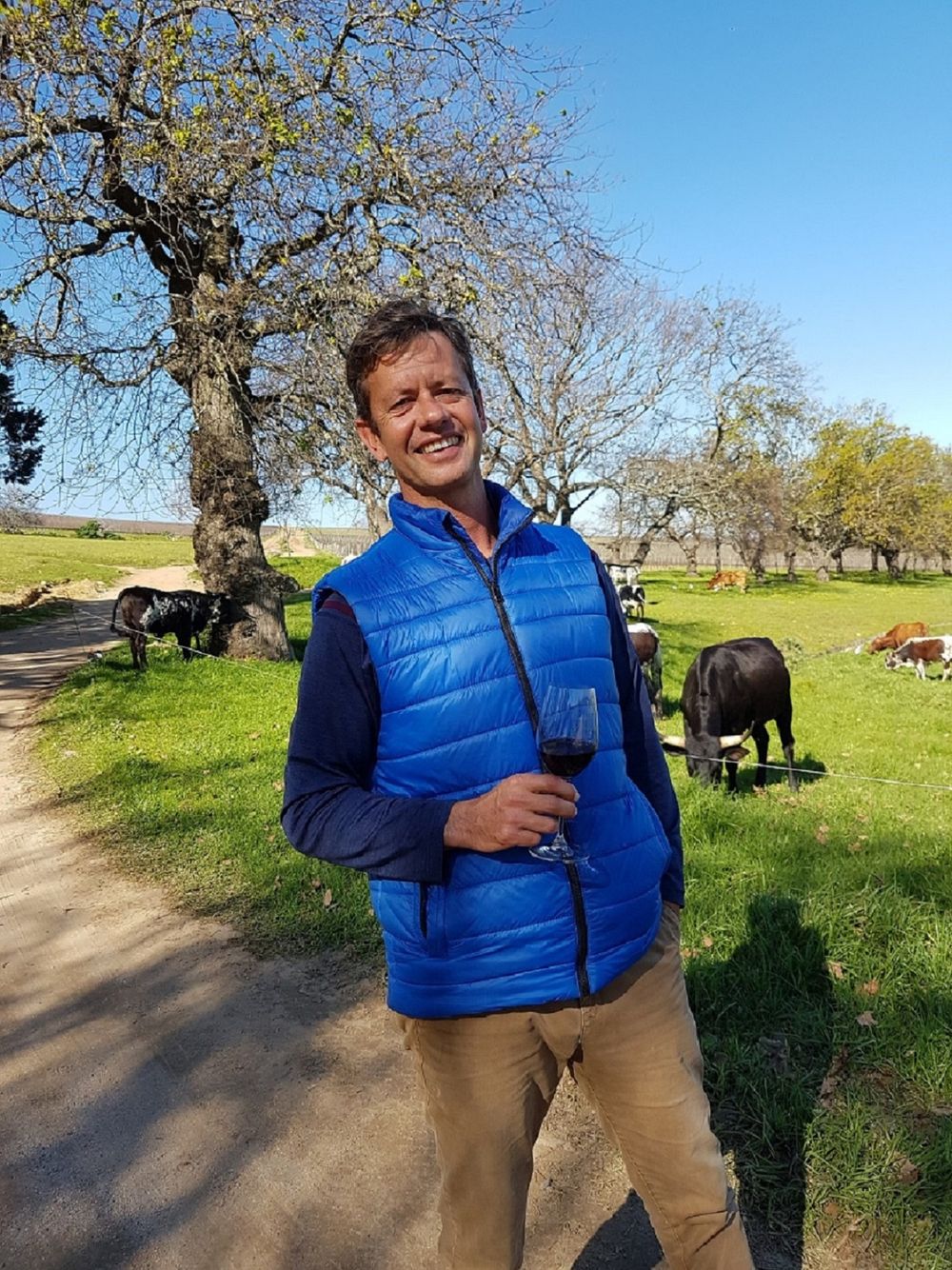
Johan Reyneke who has done so much to promote organic and biodynamic winemaking in South Africa
The success of its South African portfolio, alongside its other producers from around the world, has seen New Generation Wines increase in size from a team that could all fit into a London black cab five years ago, to one that would now require a mini bus to get around with 18 members on staff on board.
A team better equipped to handle the needs of its producers and push their brands into all channels of the market with a clearly segmented strategy to cover: hotels and restaurants in and around the M25; regional wholesalers and independent wine merchants; and national on and off-trade accounts.
“It means we are able to have more in-depth and focused conversations with buyers,” explains Young. “We can also support our winemakers, and grow sustainably via a multi-channel approach.”
A focus that is good news for South Africa as a whole and the producers it works with in particular. Young is also quick to echo Marc Kent’s thoughts and says as a business it can look back over the last 17 years and see how the producers and winemakers it has worked with from South Africa have been able to grow step by step with New Generation Wines.
New Generation Wines’ South African Producers
Boekenhoutskloof
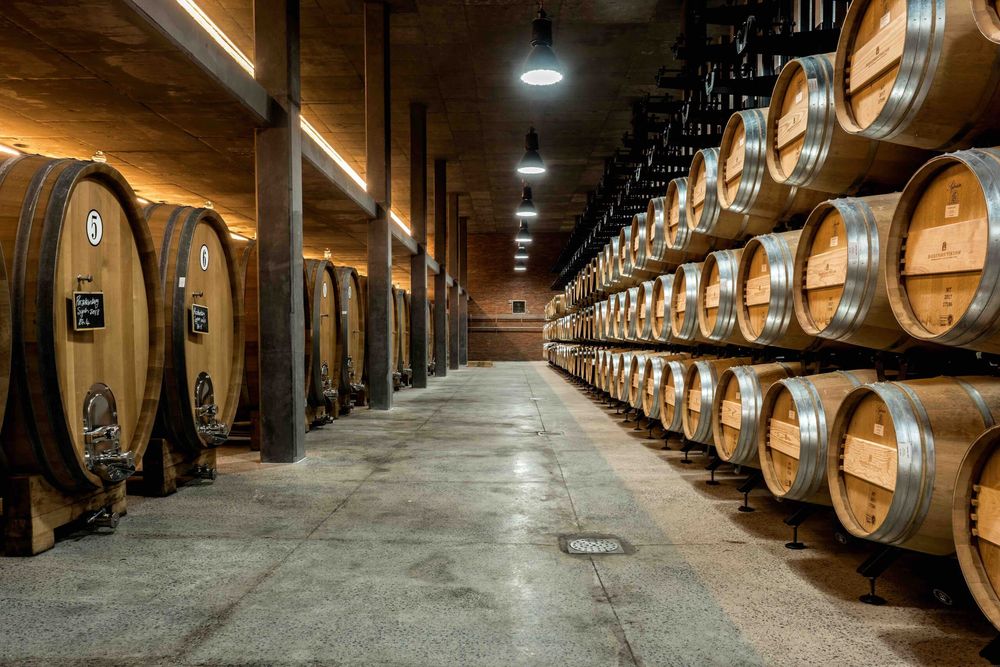
Boekenhoutskloof was established in 1776. Located in the furthest corner of the Franschhoek it has built a reputation as a Syrah specialist under the leadership and ownership of Marc Kent, but also produces a wide variety of wines made from Cabernet Sauvignon, Cabernet Franc, Grenache, Semillon and Viognier, including single varieties, estate and blended wines. It is best known for its power brands: The Chocolate Block Syrah blended brand; Porcupine Tree for the volume and value market; Wolftrap a blended range of white, red and rosé from Rhone varietals; The 7 Chairs with its iconic label featuring different styles chairs that are a nod of respect to the 18th century craftsmen that first made them.
Porseleinberg
Also owned by Marc Kent who bought the 173-acre farm by the Porseleinberg mountain in Swartland as he could see the potential for Syrah and Grenache in particular to grow there and brought in Callie Louw as the viticulturist and winemaker to help lead the team and make its unique style of wines.
Reyneke
Johan Reyneke is one of South Africa’s pioneering and most influential biodynamic producers that looks to make wines that are as true to the soils where they come from. Its holistic approach to agriculture has helped other producers turn to biodynamics. As Reyneke says: “We work to the moon and study the constellations as they move.” It has been biodynamic for over 20 years. It produces a wide range of wines including Chenin Blanc, Sauvignon Blanc, Syrah, and award winning blends.
Krone
Krone is a Cap Classique specialist investing and producing the finest sparkling wine it can from its 300 year old farm. It is run by the Rands family that bought the property in 2012 in the rocky soils of Tulbagh and its winemaking team is headed up by cellarmaster Rudiger Gretschel.
Robertson Wine – Robertson is situated 160 kilometers from Cape Town, between the base of the Langeberg Mountains and the lower reaches of the Breede River. With some of the 35+ farming families already seventh generation grape growers, this location provides the ideal balance for grape growing of unlimited sunshine and mild sea breezes. Add to that the invaluable contribution of dedicated farmworkers, and their families (also from long lines of wine-farming stock), and you have a vibrant community invested in the land, the town and great local wine.
- New Generation Wine is a supplier partner of The Buyer.
